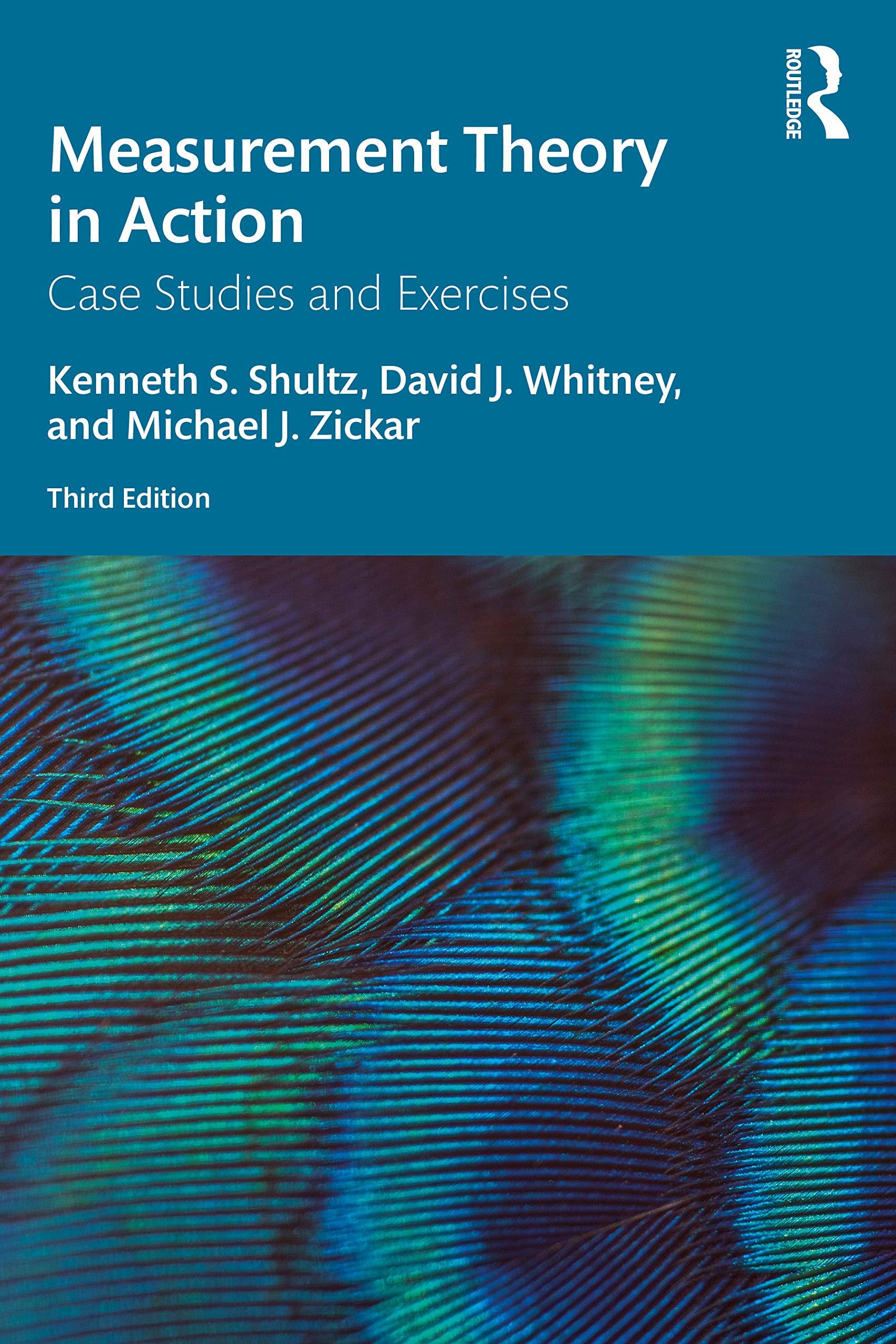Professor Gilbert, an educational testing professor at a local state university, was contacted by a small school
Question:
Professor Gilbert, an educational testing professor at a local state university, was contacted by a small school district that had decided to implement a Talented and Gifted (TAG) program for advanced students. The school district initially was going to use grade point average (GPA) as the sole basis for placement into the TAG program. However, several parents objected that the different tracks within the schools tended to grade using different standards. As a result, those students in Track A had much higher GPAs (on average) than those in the other two tracks. Thus, those in Track A were much more likely to be placed in the TAG program if only GPA was used than those in Tracks B and C. Therefore, the school board decided to set up an ad hoc committee to provide recommendations to the board as to how entrance to the new TAG program would be determined. The committee was headed by Professor Gilbert (who also happened to have two sons in the school system) and included school psychologists, principals, parents, teachers, and students. The committee’s initial report recommended that teacher written evaluations, test scores from the Stanford Achievement Test (SAT), and letters of recommendations be used, in addition to GPA, to determine entrance into the TAG program. As you might have guessed, the next meeting of the school board, where these recommendations were presented and discussed, was a heated affair. Professor Gilbert was suddenly beginning to ponder whether she needed to raise her consulting fees.
Questions
1. Who are the major constituents or stakeholders in the testing process in this scenario?
2. What is Professor Gilbert’s “stake” in the testing process? Does she have more than one?
3. What form of individual differences is the committee most likely to be focusing on? Why?
4. Should all of the different assessment devices be equally weighted?
Step by Step Answer:

Measurement Theory In Action
ISBN: 9780367192181
3rd Edition
Authors: Kenneth S Shultz, David Whitney, Michael J Zickar





